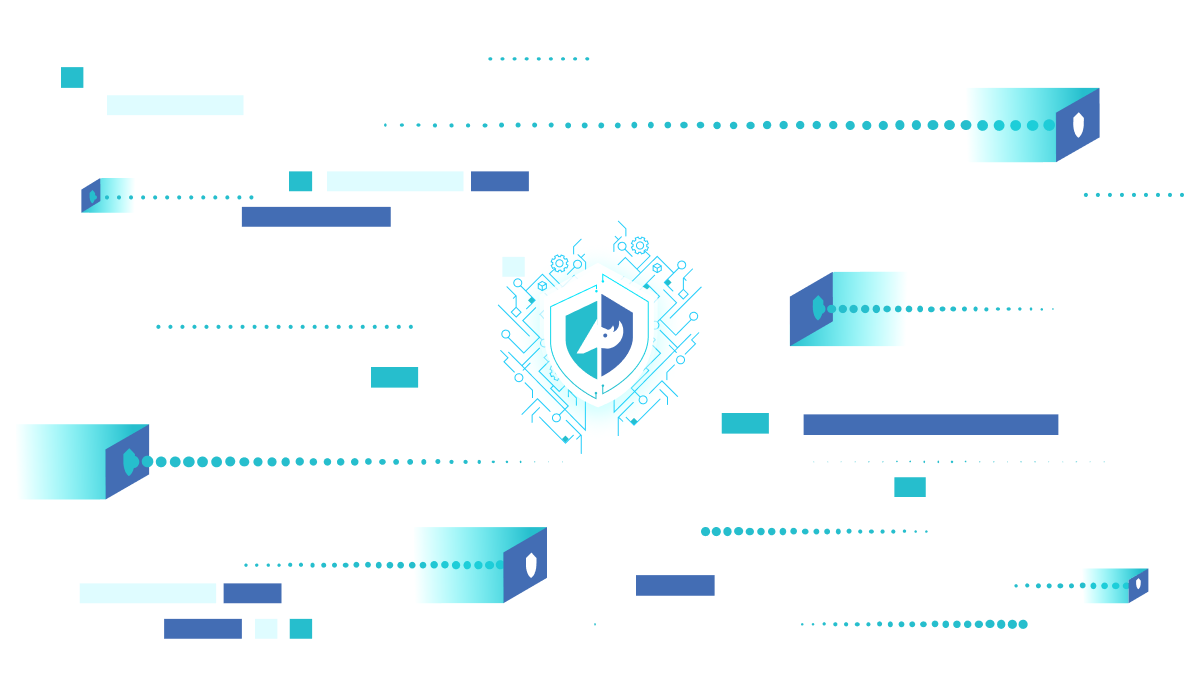
Curiefense currently offers a variety of outputs for its traffic logs. In version 1.4, this will change, and later, some of its current behavior will be deprecated. In this post, we’ll discuss how and why this is happening.
Curiefense logs all details of all incoming http requests. Full traffic visibility is an important feature of Curiefense, and so the platform exposes comprehensive details, leaving it to the users to filter out the information they don’t currently need.
This logging is done by a service called curielogger. It fetches the data from the plugin and the proxy (which currently is Envoy; later, nginx will also be supported), and sends it all to the final destination.
Currently, curielogger offers a number of different outputs, including logstash, fluentd, and elasticsearch.
It might seem that Curiefense shouldn’t perform any logging. After all, most users will already have a logging solution already running in their environment.
Also, there are many popular logging solutions today. It’s unreasonable to expect curielogger to integrate with every possible configuration that users might have.
Lastly, logging raises a lot of questions, such as:
Curiefense is a security platform. These sorts of data management issues would seem to be outside of its scope.
While it’s true that Curiefense is a security platform, this is actually an argument in favor of logging, because a comprehensive store of traffic data is very important. A proper logging setup is a fundamental part of any security product.
Among other things, it is useful for:
As a proxy-based solution, Curiefense does its processing outside of the main user application. If it weren’t logging all of its data, it would be impossible to fully understand what is happening within/to the stream of incoming traffic. Real-time data is frequently very useful, but often, users must look back into time and examine historical data. And so, logs are vital.
Having said that, it’s still important to consider how exactly curielogger should do this, and indeed, what the boundaries of that job should be. Currently, curielogger is doing more than it probably should. In version 1.4, this will change.
Starting in version 1.4, curielogger will be refactored. It will work according to these principles:
By trimming down curielogger’s possible outputs, and sending log data to stdout according to a well-defined schema, we’ll make it more cloud native, and we’ll also enable users to choose whatever logging technologies they want.
We’ll also include the ability to send logs directly to a storage bucket (since this is important for some enterprise applications).
These changes will begin in version 1.4. By default, we’ll start logging to stdout, and disable the other loggers.
However, the other loggers will still be available. This will give users time to migrate over to the suggested architecture. We will provide guidance and recommendations for the migration process, along with config files etc. for a few popular use cases.
Then, starting in version 1.5, direct support for the other loggers will be deprecated and removed from the codebase.
Soon, we will publish more specific details about the new schema, the migration process, and so on. First, we wanted to explain what will be happening, and why. Hopefully this post has been helpful for this.